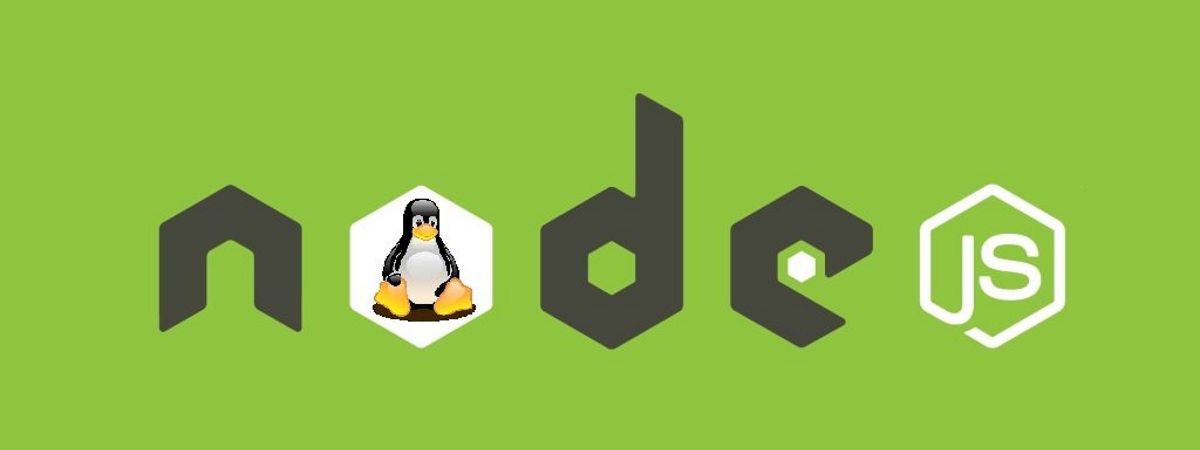
Recently the availability of the new version of Node.JS 13.0 was announced, which is a platform for network applications in JavaScript. At the same time, stabilization of previous branch of Node.JS 12.x completed, which was transferred to the category of releases with a long support period, the updates of which have been issued for 4 years. Support for the older LTS Node.js 10.0 will last until April 2021.
One the advantages that Node.JS offers is that can be used for both web application server support as for the creation of ordinary client and server network programs. To extend the functionality of the applications for Node.JS, a large collection of modules has been prepared, in which modules can be found with the implementation of servers and clients HTTP and SMTP, XMPP, DNS, FTP, IMAP, POP3, modules for integration with various web frameworks, WebSocket and Ajax drivers.
As well as connectors DBMS (MySQL, PostgreSQL, SQLite, MongoDB), template engines, CSS engines, implementation of cryptographic algorithms and authorization systems (OAuth), XML parsers.
To ensure the processing of a large number of parallel requests, Node.js employs an asynchronous code launch model based on non-blocking event processing and the definition of callback handlers.
In essence Node.JS is similar to Perl AnyEvent, Ruby Event Machine, Python Twisted frameworks, but the event loop in Node.js is hidden from the developer and looks like event processing in a web application running in a browser.
Main new features of Node.JS 13
In this new version eThe V8 engine has been updated to version 7.8, which uses new methods to optimize performance, improve object destructuring, reduce memory consumption and shorten preparation time for WebAssembly.
By default, there is full support for internationalization and Unicode based on ICU (International Components for Unicode) libraries, which allows developers to write code that supports working with different languages and locales. The full-icu module is now installed by default.
The Worker Threads API has been stabilized, which allows you to create multi-threaded event processing cycles (event loop). LThe implementation is based on the module worker_threads, which allows JavaScript code to run on multiple parallel threads. Stable API support is also compatible with the Node.js 12.x LTS branch.
Also work on improved support for Python 3. So if you have Python 2 and Python 3 on the system Python 2 is still used, but the ability to compile is added if only Python 3 is available on the system.
Finally it is also highlighted in the ad that old HTTP parser implementation removed ("–Http-parser = legacy"), besides that the calls and properties de FSWatcher.prototype.start(), ChildProcess._channel, the open () method on objects ReadStream and WriteStream, request.connection, response.connection, module.createRequireFromPath () they are removed or transferred to the obsolete category. Including the problem with the output in npm 6.12.0 warning about using an unsupported version.
In order to install this new version, it is now required to have at least macOS 10.11 (Xcode 10 is required), AIX 7.2, Ubuntu 16.04, Debian 9, EL 7, Alpine 3.8, Windows 7/2008.
How to install Node.JS on Linux?
The installation of Node.JS is quite simple, for it only They have to open a terminal in the system and in it they are going to type one of the following commands, depending on your distro.
In the case of those who are D usersebian, Ubuntu and derivatives, they just have to type the following:
sudo apt-get update
sudo apt-get install nodejs
sudo apt-get install npm
While for those who are users of Arch Linux, Manjaro, Arco Linux or any other derivative of Arch:
sudo pacman -S nodejs npm
OpenSUSE users, just type the following:
sudo zypper ar \
http://download.opensuse.org/repositories/devel:/languages:/nodejs/openSUSE_13.1/ \
Node.js
sudo zypper in nodejs nodejs-devel
Finally for those who use Fedora, RHEL, Centos and derivatives:
sudo dnf -i nodejs npm